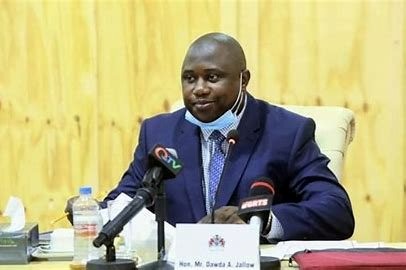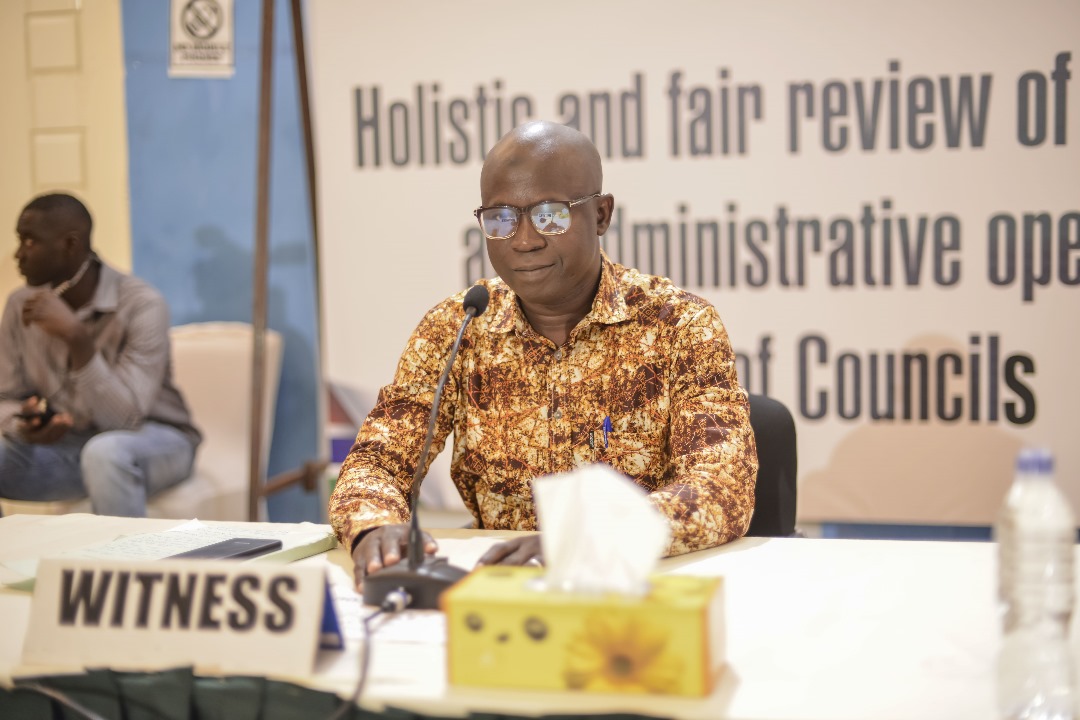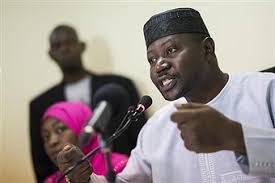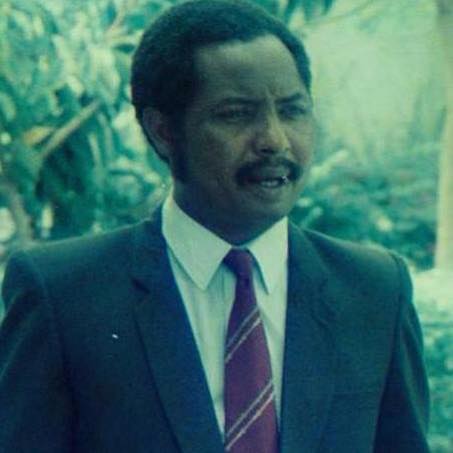Dawda A Jallow, Minister of Justice and Attorney General has said the Truth Reconciliation and Reparations Commission (TRRC) recommended sixty-nine people for prosecution.
However, he said the government later found out that they could be more than the above number, but not all of them will be prosecuted for their crimes.
“We are counting, on the other face of it, it appears to us as if TRRC recommended 69, but later we found out that it could be more than that. But we may not probably have to prosecute everybody,” he said.
“There is prosecution strategy that we are working on and that strategy will inform who will be prosecuted and who else we may probably enter a plea bargain with and negotiation with,” he disclosed.
Meanwhile, speaking on Jammeh prosecution, the Justice Minister said: “there are many ways to try Jammeh. Some of the offences Jammeh is accused of, some of them enjoys universal jurisdiction. So, he could be prosecuted for them anywhere in the world that’s one way.”
But then, he continued, “the kind of tribunal we intend to set up also will have an international jurisdiction. We will create a statue that will vest that court with a universal jurisdiction.”
According to him, nowadays, nobody can hide from justice saying “wherever they are once the preparations are ready, we will go after them.”
Meanwhile, the government notes the need to make information on the implementation process widely available in order to ensure broad participation.
“The Government intends to implement a robust communication strategy that will close the information gap, enhance access to information and ensure the popularisation of the TRRC Report and Government White Paper to the grassroots.
“Finally, the Government reiterate its unwavering commitment to the implementation of the TRRC Report as set out in this White Paper, with a view to ensuring reconciliation and national healing, accountability and justice for victims of gross human rights abuses and violations, the provision of reparation for victims, broad institutional reforms and ensuring non-reoccurrence.”




